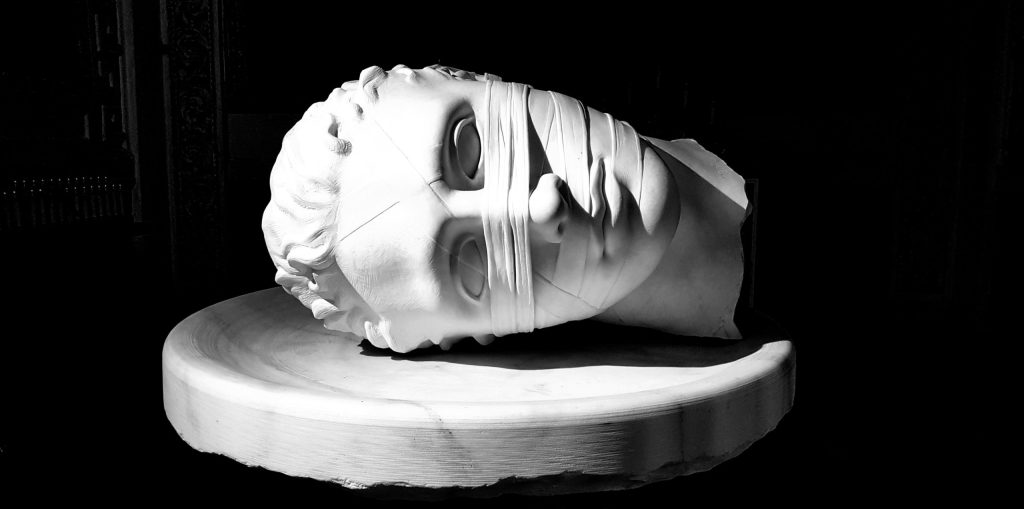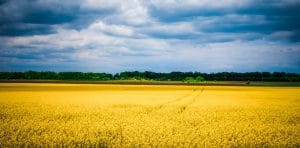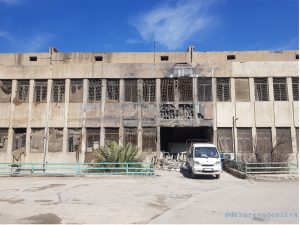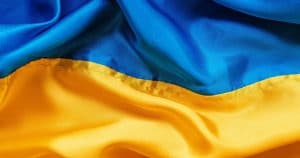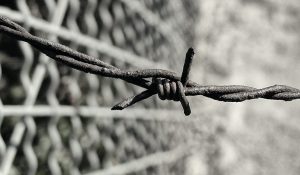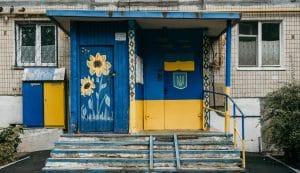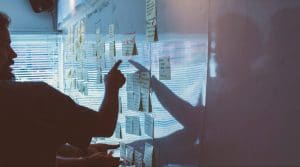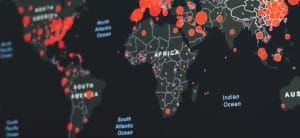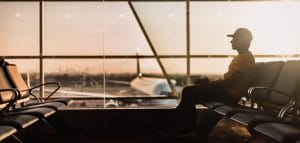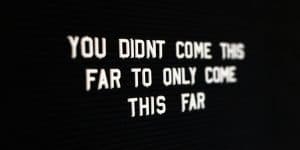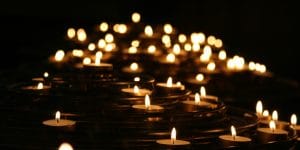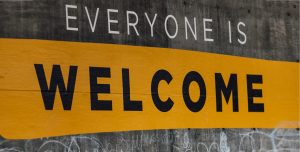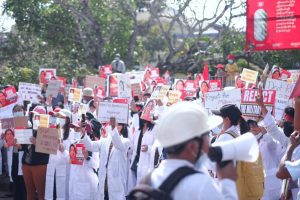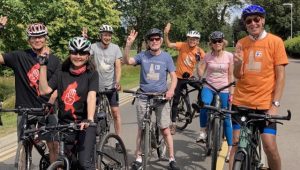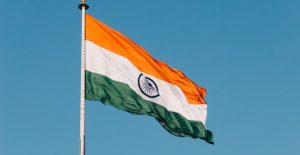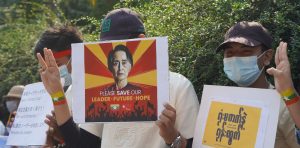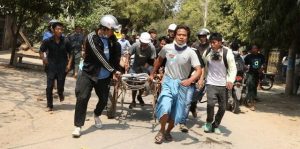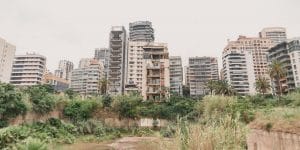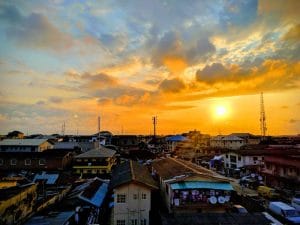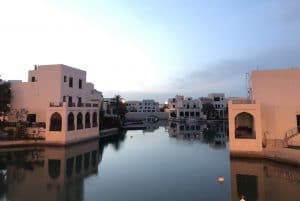"In the dynamic landscape of healthcare delivery, South Asia stands at the forefront of transformative change, particularly in the realm of family medicine. This article explores and elucidates the diverse models of family practice emerging across the region ... "
How do we support each other when a colleague dies by suicide? A reflection by Louise Stone.
Movies allow health care professionals to immerse themselves in “near-true” experiences that challenge their values and principles. Beatrice Khater and Bassem Saab discuss using The Last King of Scotland in family medicine training at the American University of Beirut
The Ukrainian system of medical education is considered to be both one of the highest quality and relative affordability in the world. Richard Armitage reports how things are affected by the war in Ukraine.
Antimicrobial resistance (AMR) is a significant and well-recognised threat to human health in Ukraine. Richard Armitage discusses how this is further complicated by the war.
For as long as the war in Ukraine continues, the country’s existing substantial unmet need for palliative care and pain relief will increasingly intensify, and ever greater numbers of people with life-limiting conditions will experience intolerable yet preventable suffering at the most
As of day 70 of the Ukraine–Russia war there have been 186 attacks on health care. Drawing comparisons to Russia's involvement in the Syrian Civil War, Hareen De Silva BEM describes the devastating and long-term tolls these attacks have on civilians.
General public concern over the adequate control of blood pressure is notably high within Ukraine, possibly due to the concerning prevalence of hypertensive disease, public awareness of its associated risk factors, and successful health promotion by primary care and public health professionals.
Richard Armitage discusses how the management of vaccine-preventable diseases has been affected by the conflict in Ukraine
Richard Armitage discusses many Ukrainian families have been separated, meaning the vast majority of refugees are women, children, and elderly people, who are often unaccompanied. These vulnerable individuals are exposed to substantially increased risks of being affected by modern slavery, sexual and
Richard Armitage asks if the prevalence of conscientious objection among clinicians could compromise the provision of abortion services in Northern Ireland.
Oleksii Korzh writes from the Kharkiv Medical Academy of Postgraduate Education, Ukraine, to describe the effect of the conflict on primary healthcare.
Richard Armitage reminds us that, while they play no part in geopolitical games, it is children – in particular the maintenance of their health and wellbeing – that pay one of the largest and most deeply unjust costs for the accident of
Richard Armitage discusses the interaction of battlefront conditions and COVID-19 in Ukraine
In an open letter to BJGP Life, Roghieh Dehghan and members of the Medact migrant solidarity group argue that deporting refugees to Rwanda is an uncomplicated moral wrong and note the frequent silence of healthcare leadership when these wrongs are mooted by
Richard Armitage uses the inverse care law to discuss the health inequalities affecting Ukrainian civilians who have been unable to flee the country.
Richard Armitage is usually a GP in Nottingham but is currently providing primary care to internally displaced people in the east of Ukraine. He discusses issues for primary care in the region.
Koki Kato reflects on the tension between patient safety and patient centered-ness with a hypothetical case that will be familiar to many. Does it have to be one or the other?
Aaron Poppleton, Dennis Ougrin, and Yana Maksymets give a responsive overview of the health needs of Ukrainian refugees and provide a list of useful resources for GPs
Orest Mulka and Philip Evans discuss the development of general practice in Ukraine and the role of international collaboration in the development of primary care
Koki Kato reflects on learning from an RCGP 'training the trainers' course in Japan, and finds a community of practice.
Peter Toon reflects on registering overseas vaccinations in the UK and asks if there are lessons for the NHS as a whole
Kath Brown argues that although Covid has exposed our long-standing domestic drivers of poor health, we simply cannot ignore global health inequalities during a global pandemic. Vaccinating the world also in all of our interests.
Paquita De Zulueta reviews 'Go, went, gone' by Jenny Erpenbeck, a novel tackling themes of asylum and involuntary displacement
Maria Victoria Bovo and John Launer give an account of a remarkable conversation they had in December 2021 during an online workshop in narrative medicine, about Long-COVID and a colleague.
Koki Kato introduces us to phenomenology as an approach to understanding patient-centred care, using his own illness-experience as a worked example.
Felicitas Selter, Kirsten Persson, and Gerald Neitzke discuss the similarities and differences in animal and human euthanasia as a source of moral distress for the practitioner.
Basem Saab and colleagues from the American University of Beirut illustrate the complexity of COVID-19 requirements and air-travel, for which patients may attend their family doctor for advice and documentation.
Medicine is the discipline of uncertainty, and this is true of GP training. Koki Kato suggests managing these uncertainties in the same way that we do in consultations.
Why does France seem to be so much better at protecting its population than the UK? Peter Toon reflects on his experience, and advises the Government to put some cheese as well as eggs in its basket.
What can a doctor offer to a patient who has lost three first degree relatives within three weeks? Sajitha Rahman reflects on the role of doctor as witness, in the midst of grief.
Do you feel confident in meeting the needs of Afghan asylum seekers and refugees? The issues are not new. Emily Clark and Rebecca Farrington give us some valuable guidance.
My country was trying to cultivate the tree of democracy and freedom when on the 1 February 2021 the military coup took us back to the dark days of military rule ...
John Frey updates us on the state of family medicine in the US as doctors have reacted to the Covid pandemic. A lot of it sounds familiar..........
BJGP Life has sought to keep us all informed about the medical and humanitarian crisis following on from the coup in Myanmar. Jim Brockbank tells us about a current initiative to get financial aid to Myanmar.
For so many of us this has been a hard, even a heartbreaking time. But let us also remember the people of India, and especially our colleagues in the UK who have family there and are seeking creative ways of helping them.
Dr Htar Htar Lin, the Director of Myanmar Immunisation Program who led Myanmar’s COVID Vaccination Campaign, has been found to be positive for COVID infection whilst in prison. This article highlights the ongoing concerns around the arbitrary arrests of our colleagues in
Healthcare in Myanmar is still in crisis. Jim Brockbank brings us an update.
Covid is like a stress test for national governance. Jihane Naous and Basem Saab update their previous report from Lebanon, where they're not doing so well.
During the wintry January and February months, I had the pleasure of spending three tropical weeks in the vibrant city of Lagos, Nigeria. My experiences were enjoyable and enlightening, however I increasingly became aware of the power of the NHS and the
Bahrain is a sparkling jewel of an island, much less bling than Dubai, much more laid back and tolerant than many places in this region. Bahrain is coping remarkably well with Covid. But the two big challenges are the 2,000 Bahrainis returning


